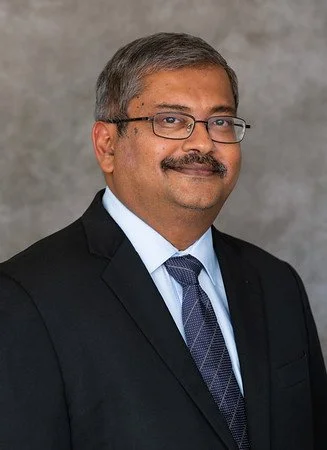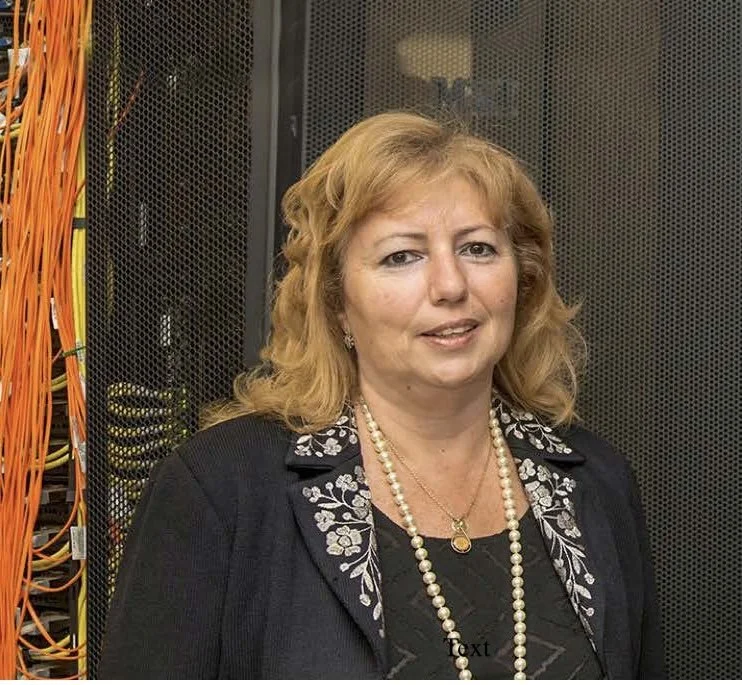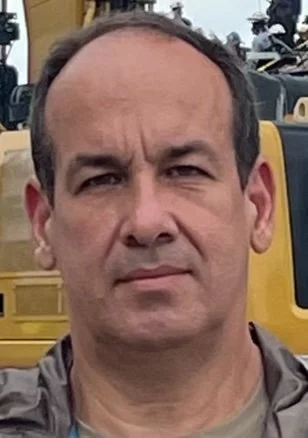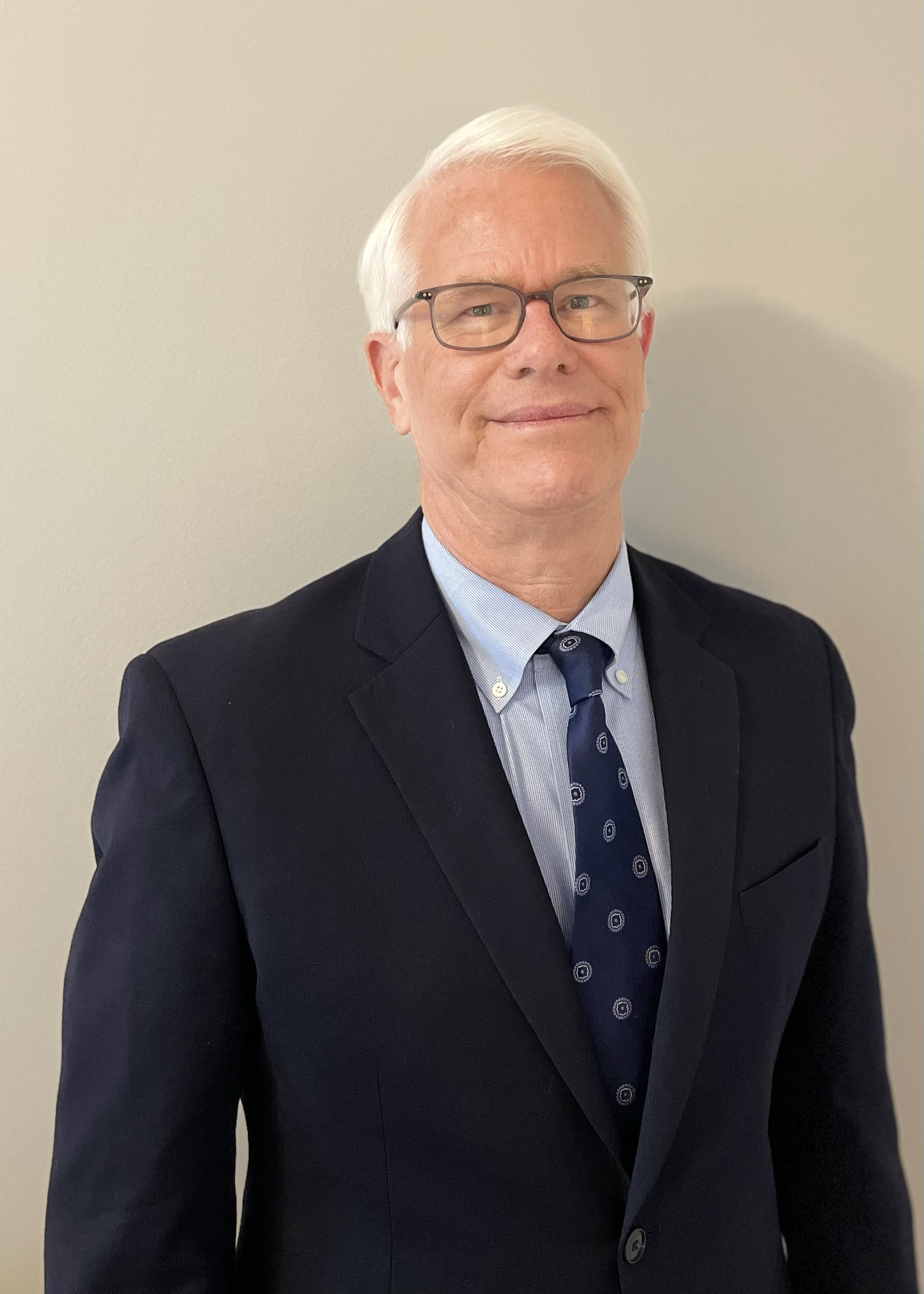Our Team
-

Christopher Todd
Christopher Todd is the Founder and Executive Director of the Airborne International Response Team (AIRT), a leading 501(c)(3) non-profit organization dedicated to supporting the use of uncrewed and autonomous technology for public safety, security, emergency services, humanitarian assistance, and disaster relief (HA/DR). AIRT is the official home of the DRONERESPONDERS program, which supports over 10,000 public safety and emergency services organizations across more than 85 countries, as well as the Florida Public Safety Coordination Group (FLOGRU), representing over 500 drone operators.
Mr. Todd is also the Founder and President of Airborne Response, where he oversees the company’s strategic partnerships and business operations. His focus areas include emergency management, disaster operations, public safety, homeland security, critical infrastructure protection, counter-UAS (C-UAS), and the integration of uncrewed and autonomous systems across air, ground, and maritime domains.
Chris is a remote pilot, a USCG-licensed Master for vessels of not more than 100 gross tons, and a Certified Emergency Manager (CEM). He also serves as a command staff member of the Southeast Florida All-Hazards Incident Management Team (SE FL AHIMT), based at the Palm Beach County Fire Rescue Department in Florida.
He holds an Executive Master of Professional Studies (EMPS) degree in Emergency and Disaster Management from Georgetown University in Washington, D.C., as well as a Certificate in Critical Infrastructure Protection from TEEX. He completed graduate coursework in crisis communications at Northwestern University and holds a Bachelor of Arts (BA) degree in Journalism and Mass Communication from Drake University.
-

Pratim Biswas
Professor Pratim Biswas is the Dean of the College of Engineering at the University of Miami and a distinguished faculty member in the Department of Chemical, Environmental, and Materials Engineering, with an affiliated role at the Rosenstiel School of Marine and Atmospheric Sciences. He is a pioneer in aerosol science and engineering, applying his expertise to diverse fields such as energy, environmental nanotechnology, solar energy, air pollution control, and medicine. Before joining the University of Miami, he held several prominent positions at Washington University in St. Louis, including Chair of the Department of Energy, Environmental and Chemical Engineering and Director of the McDonnell Academy Global Energy and Environmental Partnership. Professor Biswas holds a Ph.D. from Caltech, an M.S. from UCLA, and a B.Tech from IIT Bombay.
His contributions to aerosol science have earned him numerous prestigious honors, including election to the National Academy of Engineering in 2019 and several international awards such as the Fuchs Award, Harry White Award, Cecil Award, and David Sinclair Award. He is a fellow of the AAAS, the International Aerosol Research Assembly, and multiple other scientific societies. Professor Biswas has also played a key leadership role in the global aerosol science community, serving as President of the International Aerosol Research Assembly (2018–2022), Editor-in-Chief of the Journal of Aerosol Science (2015–2019), and holding various executive positions within the American Association for Aerosol Research and other organizations.
His research focuses on aerosol science, nanoparticle technology, air quality engineering, sustainable energy production, and environmental nanotechnology, primarily conducted through the Aerosol and Air Quality Research Laboratory (AAQRL). Funded by agencies such as NSF, DOE, NIH, and EPA, his work has resulted in over 450 peer-reviewed publications and the graduation of more than 60 Ph.D. students. As Dean, he is leading the University of Miami's College of Engineering with a strategic vision to address global challenges through impactful research, education, and collaboration with stakeholders across academia and industry.Description goes here
-

Yelena Yesha
Dr. Yelena Yesha is the Knight Foundation Endowed Chair of Data Science and AI at the University of Miami’s Frost Institute for Data Science and Computing (IDSC), where she also serves as Director of the AI + Machine Learning program and as Innovation Officer. In her Innovation role, Dr. Yesha helps faculty engage with government and industry partners and advises on transforming research ideas into impactful innovations.
Previously, Dr. Yesha was the Founding Director of the National Science Foundation’s Center for Accelerated Real Time Analytics (CARTA), an NSF-funded Industry/University Cooperative Research Center (I/UCRC). CARTA fosters long-term collaboration between academia, industry, and government, and includes partners such as Rutgers University, North Carolina State University, the University of Maryland Baltimore County (UMBC), Tel Aviv University, and the University of Miami.
Dr. Yesha earned her B.Sc. degrees in Computer Science and Applied Mathematics from York University in Toronto, Canada, and her M.Sc. and Ph.D. degrees in Computer Science from The Ohio State University. She has authored or edited 11 books and published over 200 peer-reviewed papers in leading journals and conference proceedings. Her research has attracted over $65 million in external funding.
Dr. Yesha currently collaborates with major industry leaders and government agencies on cutting-edge technologies in blockchain, cybersecurity, and big data analytics, with applications in e-commerce, climate science, and digital healthcare. She is also a Fellow of the IBM Centre for Advanced Studies.
Her groundbreaking work has been featured in Forbes magazine, including a two-part profile—Meet The Tenacious Pioneer Pushing Innovation To Address Real World Problems and Pushing Technology Boundaries To Solve The World's Biggest Problems—as well as her recent collaboration with NASA in Revolutionizing Satellite Security: NASA’s Groundbreaking Project To Integrate AI, Blockchain, & Nanosatellites.
-

Carl Salvaggio
Carl Salvaggio has over 40 years of experience in remote sensing, image and video processing, computer vision, and the simulation and modeling of imaging systems and the environments in which they are utilized. As a Professor of Imaging Science at the Rochester Institute of Technology (RIT), Salvaggio conducts research for sponsors across the defense and intelligence community, as well as numerous commercial and industry partners.
In 2015, he founded the Small Unmanned Aircraft Systems (sUAS) Research Laboratory at RIT—an integral capability within the Digital Imaging and Remote Sensing (DIRS) Laboratory, where he has also served as Director since its inception. The sUAS Research Laboratory has developed numerous imaging payloads by integrating various sensors, including visible, multispectral, hyperspectral, thermal, LiDAR, and synthetic aperture radar (SAR). These payloads support a range of application-oriented research projects throughout the DIRS Lab, enhancing and extending the laboratory’s decades-long legacy of aircraft- and satellite-based research.
Salvaggio holds degrees in Imaging Science from RIT and in Environmental Resource Engineering from SUNY ESF/Syracuse University. Over the past four decades, he has worked extensively in academia and within the defense and intelligence sectors for various contractors, including his own company, Imagery Solutions.
-

Ruben D. Almaguer
Ruben D. Almaguer is a seasoned emergency management executive with over three decades of experience leading disaster response and public safety initiatives at the local, state, federal, and international levels. He currently serves as CEO of FORTS Logistics and has previously held key leadership positions, including Executive Director of the Academy for International Disaster Preparedness and Deputy Director of Florida Emergency Management.
Ruben has overseen response operations for numerous major natural and man-made disasters, including hurricanes, earthquakes, and terrorist attacks. His areas of expertise include unmanned surveillance technologies, mobile disaster field hospitals, and large-scale logistical coordination. He holds advanced degrees in Homeland Security and Public Administration and is a Certified Emergency Manager (CEM)® with numerous specialized credentials in incident command, technical rescue, and humanitarian response.
Fluent in both English and Spanish, Ruben has been recognized with multiple honors, including the FIU Presidential Excellence Award and the USAID Superior Unit Citation. His distinguished career reflects a lifelong commitment to safety, resilience, and public service.
-

G. Ed Williamson, II
George Williamson is the Chairman and Chief Executive Officer of Williamson Automotive Group, one of the nation’s largest Cadillac-Buick-GMC dealerships. With a distinguished career in the automotive industry, he has played a vital leadership role not only in business but also across civic, community, and philanthropic initiatives.
Williamson is an active member of the Executive Committee of the Beacon Council and serves as Chairman of the Cadillac Dealer Council. He is a long-standing member and past president of the Orange Bowl Committee and serves on the Board of Governors for both the Dade Community Foundation and the American Bankers Insurance Group. His commitment to community engagement also includes roles as a trustee of the Greater Miami Chamber of Commerce and president of the 200 Club of Miami. He has been an active volunteer with We Will Rebuild, served as president of the Rotary Club of South Miami, and sits on the Board of Governors for South Miami Hospital. Additionally, he serves as president of the South Florida Auto-Truck Dealers Association.
A dedicated supporter of higher education, Williamson has been a Trustee of the University of Miami since 1980 and received the University of Miami Vice President’s Award for Service in 1992.
He is married to Carol, and their son, George III (“Trae”), is an adjunct professor at the University of Miami.
-

John Ciampa
John A. Ciampa is an award-winning playwright, poet, and screenwriter. He is also a lawyer, professor emeritus, inventor, and the CEO of the aerial imaging companies Pictometry and Altametry. He received his education at Boston University, the University of Michigan, and Cornell. Today, he has more than 65 years of experience in an impressive range of fields.
John is the founder and original patent holder of Pictometry, Landisc, and Electronic Property Info Corp. As founder of the American Video Institute, he has worked at Columbia University, MIT, and NYU, where he pioneered the integration of media and computer technology from the very beginning.
As the holder of seminal patents in computing, imaging, and geographic information, he continues to break new ground with ALTA—an autonomous, lighter-than-air platform that floats unobtrusively and transmits the highest resolution, oblique, georeferenced imagery and air quality information to the internet with no carbon footprint at the lowest cost. -

Nelson Melo
Nelson Melo is an oceanographer, physicist, and remote sensing specialist with extensive experience in marine and atmospheric sciences. He currently serves as Director and Senior Researcher at ALTAMETRY and has held key research positions at leading institutions including NOAA, the University of Miami, and Florida International University. Fluent in Spanish, English, and Russian, he brings international academic training in nuclear and solid-state physics, remote sensing, and computer instrumentation from institutions across Cuba, Russia, Germany, and the U.S. His academic background includes a Bachelor's and Master’s in Physics from the University of Havana and doctoral research at the University of South Florida focused on oceanographic phenomena using satellite imagery.
With over four decades of professional experience, Melo has led or participated in more than 160 oceanographic and remote sensing research projects across the Caribbean, Gulf of Mexico, Florida Bay, and beyond. His expertise spans marine remote sensing, blimp-borne sensor systems, and environmental monitoring, including leadership roles in projects funded by the European Space Agency, GEF/UNDP, and NOAA. He has served as Chief Scientist on numerous cruises and has designed and operated innovative instruments for coastal ecosystem assessment and real-time oceanographic observation.
Melo has also contributed significantly to scientific literature, co-authoring multiple peer-reviewed journal articles and book chapters on ocean circulation, coral reef health, satellite remote sensing, and coastal biogeochemistry. His work has helped inform environmental management efforts in South Florida and the Caribbean. In addition to his research, he has taught university-level courses in oceanography, remote sensing, and physics, and advised undergraduate theses. His achievements in cartography and marine research have earned national recognition in Cuba, including awards for scientific and technical excellence.
-

Gary Rees
Gary Rees is a proud alumnus of the University of Miami and a distinguished professional with over four decades of experience in national security. He began his career as a Naval Intelligence officer, serving 5.5 years on active duty with a Fighter Squadron deployed aboard the USS Nimitz. Following his active duty service, he continued his commitment to national defense in the U.S. Navy Reserve for an additional 17 years, including notable assignments on the Joint Staff within the National Military Joint Intelligence Center.
In total, Mr. Rees has dedicated 42 years to government service, working extensively across the national security landscape. His career has spanned a broad range of responsibilities, including technology development and applications, operational planning, and strategic analysis. He has led and supported numerous innovative technical initiatives, often in collaboration with multiple government agencies, to address complex and persistent security challenges.
Throughout his career, Mr. Rees has been known for his leadership in fostering interagency cooperation and delivering practical, forward-looking solutions to support the defense and intelligence communities. His work has consistently focused on leveraging cutting-edge technology and cross-sector partnerships to enhance national security capabilities and operational effectiveness.
